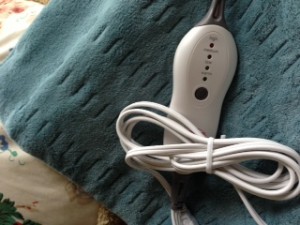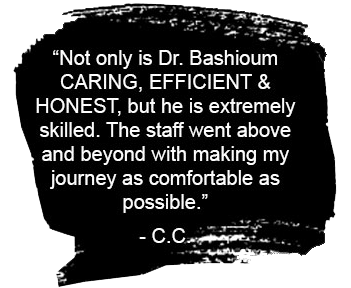Heating Pad After Cosmetic Surgery?
January 27th, 2014
 On the top of the list of our most frequently asked questions is whether the use of a heating pad following cosmetic surgery is safe and effective for pain reduction. While heating pads are common home remedies for a number of musculoskeletal ailments and sports injuries, heating pads are not advised during convalescence from cosmetic surgery. A normal part of any surgical procedure is swelling, bruising and pain. Swelling of the skin and subcutaneous tissues not only reduces sensation, but also makes the skin more susceptible to injury.
On the top of the list of our most frequently asked questions is whether the use of a heating pad following cosmetic surgery is safe and effective for pain reduction. While heating pads are common home remedies for a number of musculoskeletal ailments and sports injuries, heating pads are not advised during convalescence from cosmetic surgery. A normal part of any surgical procedure is swelling, bruising and pain. Swelling of the skin and subcutaneous tissues not only reduces sensation, but also makes the skin more susceptible to injury.
Nothing feels better when you have a localized painful muscle strain or sports injury, than a heating pad applied to the area. It goes a long way to relax a muscle spasm and relieve the pain. But we must exercise caution after cosmetic surgery. Small nerves are damaged during surgery, which leaves you with temporary numbness around the surgical site. So you can imagine what happens when you put a hot heating pad on these areas. It is impossible for you to determine the exact temperature of the heat. Normally when the pad gets too hot for comfort, you remove it. This is natural defense mechanism, which is temporarily lost following surgery. The skin is numb and susceptible to being burnt quite easily.
I have seen terrible scarring when patients have unfortunately chosen to use heating pads following cosmetic surgery. I instruct my patients not to use heating pads because of the risk of skin burns and scarring. This risk can remain present and last for six months after surgery during the recovery process.
Up next: Are ice packs safe to use following cosmetic surgery?
Limiting Medical Practice Based on Training and Certification
February 6th, 2012
The Minneapolis Star Tribune reports yesterday that The Minnesota Board of Medical Practice exhibits a serious failure to act on patient complaints against physicians. According to a Star Tribune investigation, “The Minnesota Board of Medical Practice, responsible for protecting the public from physician errors or misconduct, often shies away from punishing doctors whose mistakes harm patients or who demonstrate a pattern of substandard care.â€
Some of the reported problems are related to cosmetic surgery procedures being done by a dermatologist. Medical regulation does not limit the scope of surgical practice today. In fact, physicians are allowed by law to practice all aspects of medicine and surgery independent of training or experience. This antiquated policy, driven by a 19th century shortage of doctors, is no longer prudent.
Today’s specialty training provides an education that is generally limited to the scope within each specialty. Cardiac surgeons are not trained to do breast enlargement and plastic surgeons are not trained to do bypass surgery. This makes sense to me!
Is it time for The Minnesota Board of Medical Practice to begin limiting medical practice based on training and certification?
